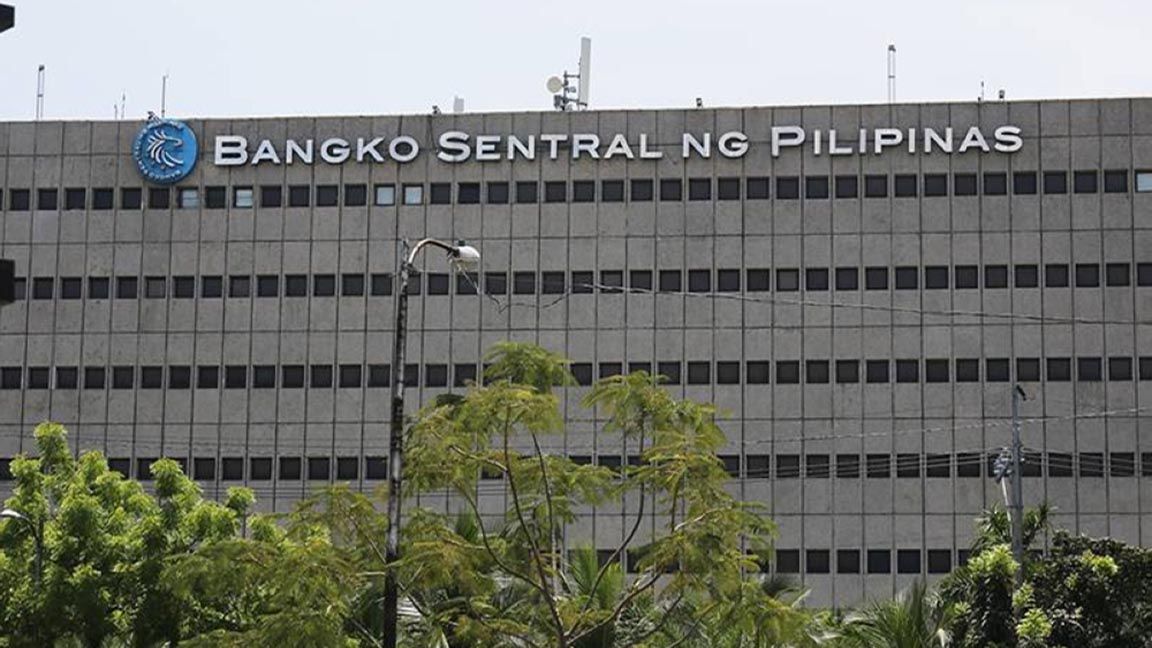As the Monetary Board meets to set policy rates—which it kept at 2 percent since November last year—it is expected that MB would raise interest rates by 25 basis points owing to the combined effects if rising inflation and wage hikes.
Rising inflation risks and the economy’s return to pre-pandemic level in the first quarter will prompt the Bangko Sentral ng Pilipinas to start the tightening cycle for the economy as the space for accommodative policy is shrinking.
BSP Governr said “the space for maintaining an accommodative policy stance has considerably narrowed given how the April 2022 inflation of 4.9 percent settled near the higher end of the BSP’s forecast range of 4.2 percent to 5 percent [for the month],” he spoke at an online briefing.
Diokno said the better-than-expected 8.3 percent gross domestic product (GDP) growth in the first quarter, and ongoing downside risks “strengthen the case for a withdrawal of monetary policy accommodation.”
“While the BSP stands ready to deal with these risks to inflation and economic growth, any adjustments in the monetary policy stance will be done in a timely manner so as not to disrupt the growth momentum while preventing price pressures from becoming entrenched,” he said.
Diokno gave these views as the BSP-Monetary Board meets for the third time to set the rates today for the year.
Survey
Business World held a survey where 8 of the 17 analysts it interviewed last week expected the central bank to begin its tightening cycle by raising interest rates by 25 basis points (bps) today in order to address rising inflationary pressures.
A rate hike today will be the BSP’s first since 2018.
Diokno said second-round effects are “starting to manifest,” such as the recent approval of wage hikes in the National Capital Region and Western Visayas that could signal further increases in other regions. Wage petitions have been put on hold since the pandemic began in 2020.
The Labor department said the recently approved wage hikes in Metro Manila and Western Visayas will take effect on June 3.
Second is inflation, which in recent months hastened mainly due to the impact of the war in Ukraine on oil and other commodity prices. Gasoline, diesel, and kerosene prices have increased by P21.60, P31.40, and P27.65 per liter since the start of the year.
“With energy and transport-related items directly accounting for about 14% of the consumer price index basket, a sustained increase in domestic oil prices may result in a dis-anchoring of inflation expectations,” Diokno said.
Diokno said supply issues continue to be the main factor behind faster inflation in recent months, which he said is still best addressed by interventions from the National Government.
“Fiscal authorities will need to support the most vulnerable sectors, to help offset rising living costs,” he said. “Monetary authorities will need to carefully monitor the pass-through of rising international prices to domestic inflation, to calibrate appropriate responses.”
At its previous policy review in March, the BSP raised its inflation forecast to 4.3 percent and 3.6 percent for 2022 and 2023, respectively.
“Upside risks [for inflation] over the near term continue to emanate from the shortage in domestic food supply as well as from the potential impact of higher oil prices on transport fares,” he said.
The BSP slashed interest rates by a cumulative 200 basis points in 2020 to help revive an economy that had plunged into recession due to prolonged and stringent coronavirus disease 2019 (COVID-19) lockdowns.
It has kept rates at a record low of 2 percent since November 2020.
Tags: #BSP-MB, #policyrates, #inflationandwagehikes, #economy
